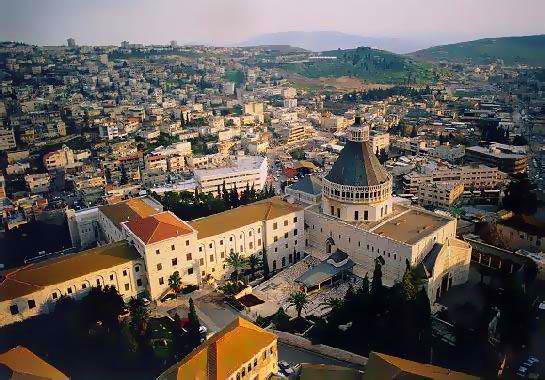Six top Israeli cabinet ministers met Monday for the fourth time in 24 hours, to debate a proposed prisoner swap with Hamas, and the Islamist movement said the coming hours would be "decisive" in determining whether the deal goes throug.
A Hamas official, speaking to the DPA on condition of anonymity, said his organization was waiting for a German mediator to convey Israel's response on its most recent offer, which he said could see as many as 1,000 Palestinian prisoners released in exchange for Israeli soldier Gilad Shalit, held in the Gaza Strip for three-and-a-half years.
The six Israeli ministers and Prime Minister Benjamin Netanyahu had also met three times Sunday to discuss the prisoner swap. The "forum of seven," as they are known, are said to be split down the middle over accepting the deal, leaving Netanyahu with the deciding vote.
According to media reports, Netanyahu however opposes allowing freed militants to return to their homes in the West Bank, and would prefer them to be exiled to the Gaza Strip or even overseas.
The Israeli leader believes that allowing militants to return to the West Bank, close to major Israeli population centres, would pose a risk for Israeli citizens.
It would also strengthen Hamas in the West Bank, which is ruled by its bitter rival, the Palestinian Authority of President Mahmoud Abbas.
It is unclear whether Hamas will accept having freed prisoners exiled to the Gaza Strip and abroad.
The Hamas official who spoke with dpa said the organization was "willing to be flexible" in its negotiations with the German mediator, but would "adhere to their demands" in a bid for an "honourable" compromise.
The ministers adjourned for a few hours in the early afternoon, but were scheduled to continue their debate later in the day.
Shalit's father Noam, who met with Netanyahu, said that "the process is not over, but I expect it will be soon."
Shalit was snatched on June 25, 2006, during a cross-border raid launched form the Gaza Strip. He has been held largely incommunicado ever since, although his captors have released one audio tape of his voice, transferred three letters to his family, and in October 2 this year released a video recording in which he pleaded for the Israeli government to do everything to secure his freedom.
Israel immediately imposed a blockade on the Gaza Strip once Shalit was snatched. It is expected the blockade will be eased once the soldier is returned home.
The debate over what price to pay for his release is a passionate one in Israel.
Supporters of doing a deal with Hamas say the state has an obligation to do everything it can to bring missing or captured soldiers home, a variation of the Israeli army's ethos of never leaving the wounded on the battlefield.
Those opposing a deal object to giving in to Hamas' demands of freeing prisoners with "blood on their hands" - Israeli terminology for prisoners who have carried out or masterminded lethal attacks. They also warn that militants, once freed, will launch more attacks, and say that by freeing prisoners in return for the soldier, Israel is encouraging future kidnappings of its citizens to use as bargaining chips.
As the ministers met in Jerusalem, members of the Campaign to Free Gilad Shalit demonstrated outside Netanyahu's office, holding up life-sized cardboard cutouts of the abducted soldier.
Shalit's brother Yoel, called on the forum of seven to take the decision to go for the deal.
"They should make the right moral decision, which is to bring back a soldier who was sent by the state. Everything must be done to return him. Other considerations should not be mixed up in the decision. The state can cope with the prisoners who are released," he said.
Shalit's mother, Aviva, told Israel Army Radio that "I hope that the forum of seven will decide today and that every person who votes will realize that his vote means either a death sentence for Gilad or his release to life."
If the seven ministers approve the proposed deal, it has to be brought before the full cabinet for a vote.






